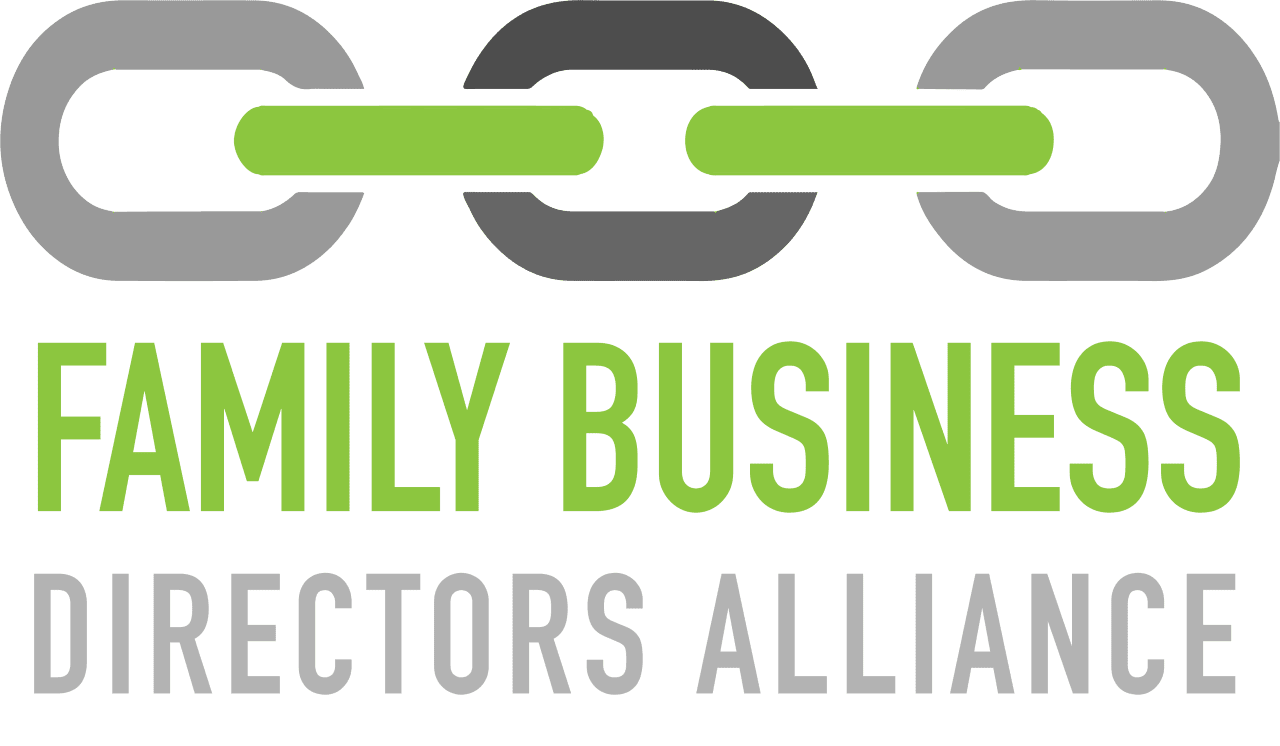 Written by Haans Mulder, JD, MBA, MST, CFP®
Written by Haans Mulder, JD, MBA, MST, CFP®
If you own a business with another family member, you know that family businesses are different than other companies. A lot can be said about how, but I’d like to point out one area you may not be aware of. If you’re part of a family business, you’re a greater target for the IRS. In other words, when you have a business transaction with another family member, that arrangement is at risk of being questioned and scrutinized by the IRS.
A recent tax case illustrates this. A family-owned business loaned money to another family-owned business over a number of years. They followed the legal formalities in some cases (i.e. promissory notes were signed, actual repayments were made on the loan, etc.). But, as happens with family businesses, the arrangement changed over time and informality crept in. The borrower eventually couldn’t pay back the loans and the family-owned taxpayer tried to claim that those written-off loans were a bad debt loss (which would have given them a tax benefit). The IRS challenged this and ultimately the government’s position was upheld.
The take away from this case is that family businesses need to be very vigilant and treat transactions with family members like they do any other arrangement with an unrelated company. The relationship needs to be documented and it needs to be implemented as you would with a customer or supplier. If you remember and follow this principle, you’ll be in a much better position if a transaction is ever challenged by the IRS.
If you have any legal questions regarding your family business and structuring these types of transactions, feel free to contact me.

Haans Mulder, JD, MBA, MST, CFP® Partner, Cunningham Dalman, P.C. PHMulder@cunninghamdalman.com



Leave a Reply